Warning: This article contains mention of human trafficking.
In a recent interview, criminal justice professor Masayo Halpin at Central Oregon Community College discusses her classes, goals and past experiences in the FBI.
Masayo teaches criminal justice classes at COCC and works part-time with a nonprofit organization called “In Our Backyard.” This national nonprofit is located in Bend and fights human trafficking. Masayo was an FBI agent for 20 years with expertise in child sex trafficking and was a lawyer before joining the FBI.
The Broadside: Did you know you would be doing something like teaching after retiring?
Masayo Halpin: I always secretly wanted to be a teacher. I wanted to be an elementary school teacher. But when you go into elementary schools, there’s, like organized chaos. And I feel like I don’t have the skills and the patience to teach little kids. But I think I am okay with adults, like you guys. So although I didn’t know I was going to be in the community college, I knew I always wanted to teach. And it is just perfect timing with my daughter.
TB: What have you learned from teaching?
MH: That I don’t know everything. That even though students are much younger than me. They know not necessarily more, but differently, you know, and you know, learning is about challenging yourself and being challenged and allowing yourself to be challenged and think differently. So I love coming in here and just watching you guys kind of change right before my eyes. And in the process. You guys challenged me. And I feel like I change after every time too. So it’s really kind of cool.
TB: What’s your goal for your criminal justice classes?
MH: I’m not strict, I’m not big on grades. Because I think that’s not a good way to measure somebody’s abilities or skills or knowledge. I just want to challenge you guys. And you know, you guys are the future. This is it. It’s you guys. We’re in a pretty bad place right now. You guys have to save us. And so I want to challenge you, the way you think, and expose you to different experiences and different people who have different experiences. So when you get to the point to lead and take over, it won’t be hard because it’d be like, hey, this is this is nothing. I’ve been challenged before, I can take a challenge. You know, so that’s kind of what and I want to share all my experiences that I had in the FBI, everything that I have here. I just want to share that with people who care enough to be in my class.
TB: What’s your advice on handling finals?
MH: I never did well on tests. But I did pass the Bar the first time. And what I did was, so let’s say you have three classes, and you have three tests coming up. Study each of them every day. So like two hours of math, two hours of English, two hours of science, make sure you study a little of everything every day. That’s what I did for the Bar exam, and I think that’s what helped me pass it. Because I know a lot of students they cram, you know, they’re just, you know, this is the first one coming up, so I’m going to study for this one.
TB: What is the biggest misconception about the FBI from TV?
MH: “We’re not always in dark suits. I was just watching FBI just now because I love that show. So every episode of The FBI they’re in a foot chase because somebody is running from the FBI, no one ever runs from the FBI. No one. No one, they know better. They’re not going to run from us. I was in a one foot chase. Okay, I was in two foot chases. My whole 20 years. Most agents I know have never had to chase anyone. Because when the FBI comes, first of all, if we’re gonna arrest you, there’s about 10 of us. You’re not going anywhere. Okay? You’re not gonna make it. If I’m coming to talk to you, people just know not to run from the FBI. It’s dumb. What are you trying to accomplish? We’ll just be back tomorrow, you know.


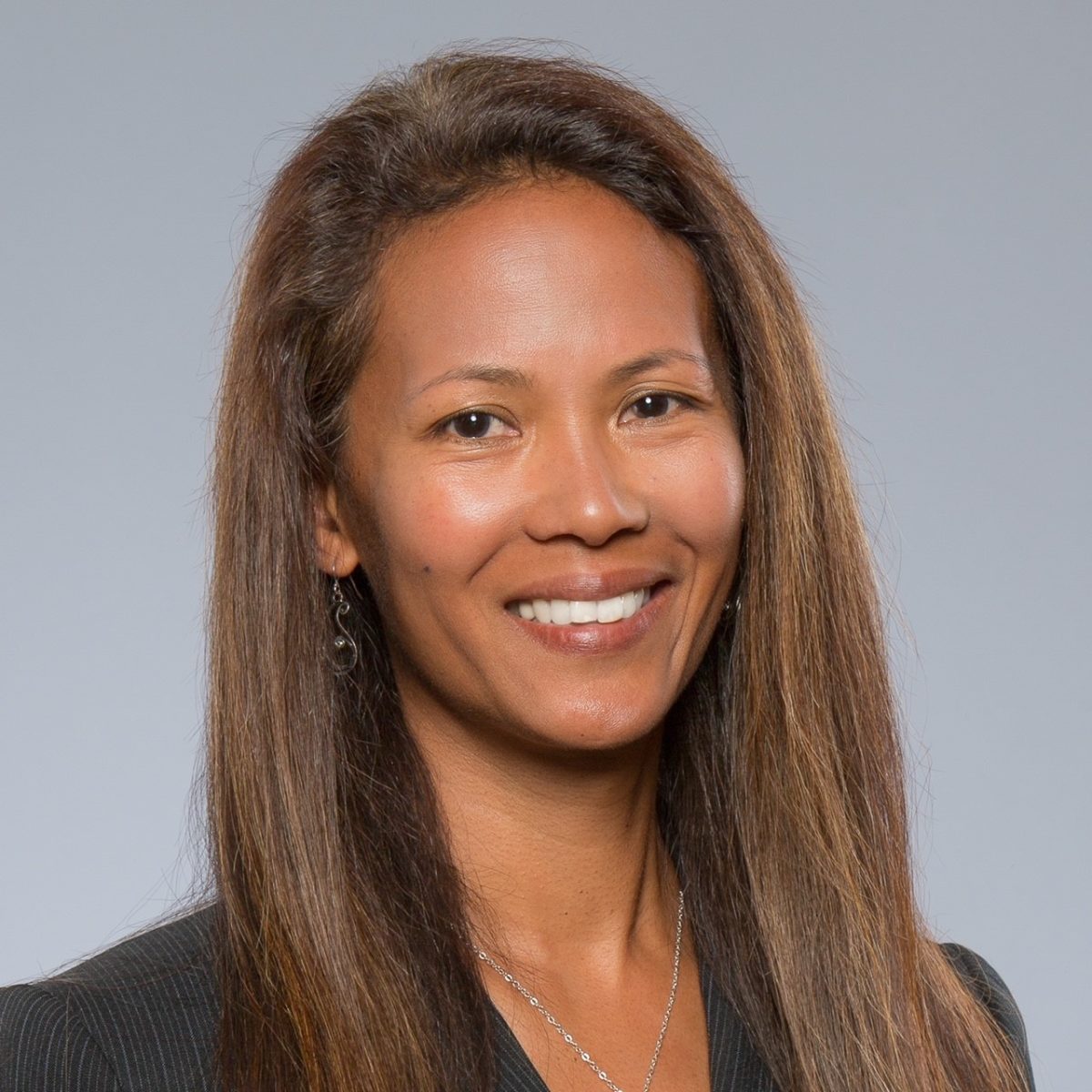






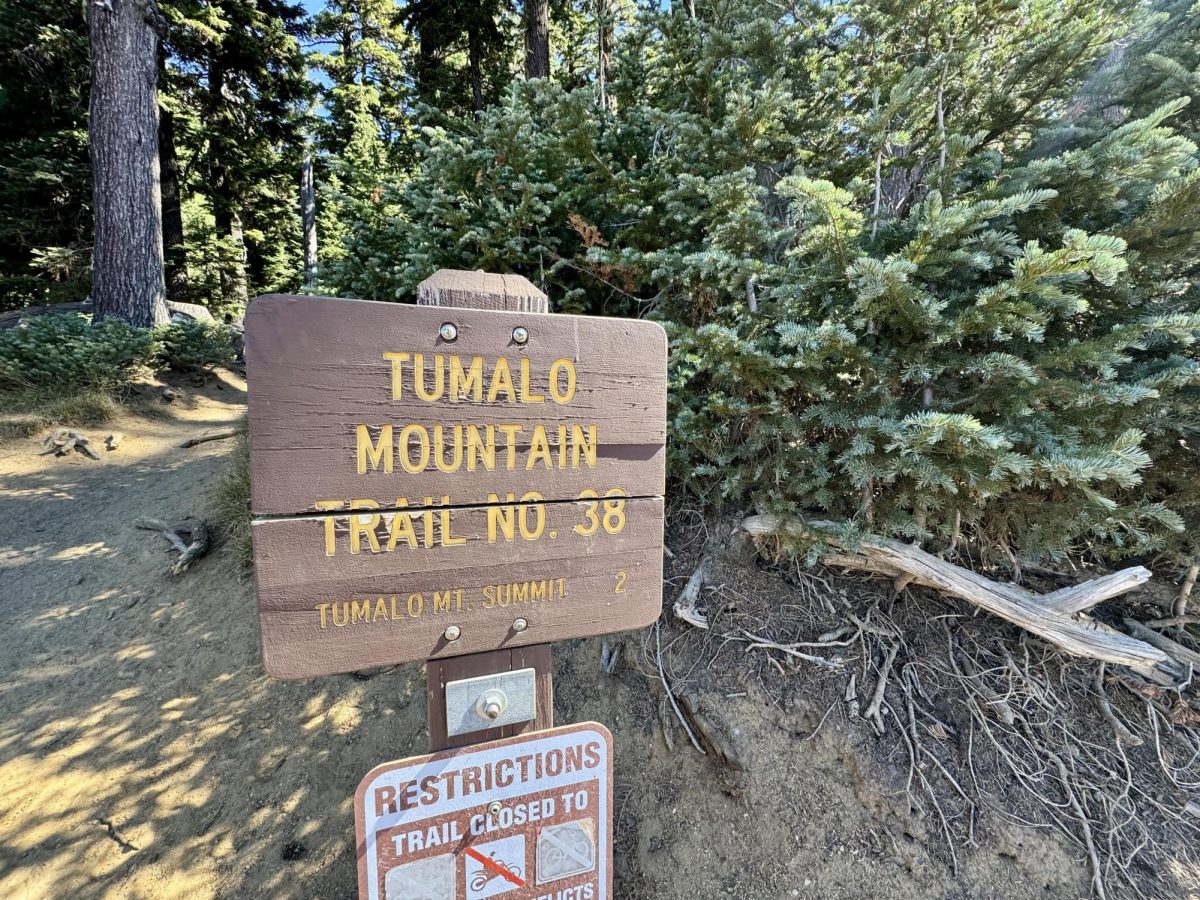
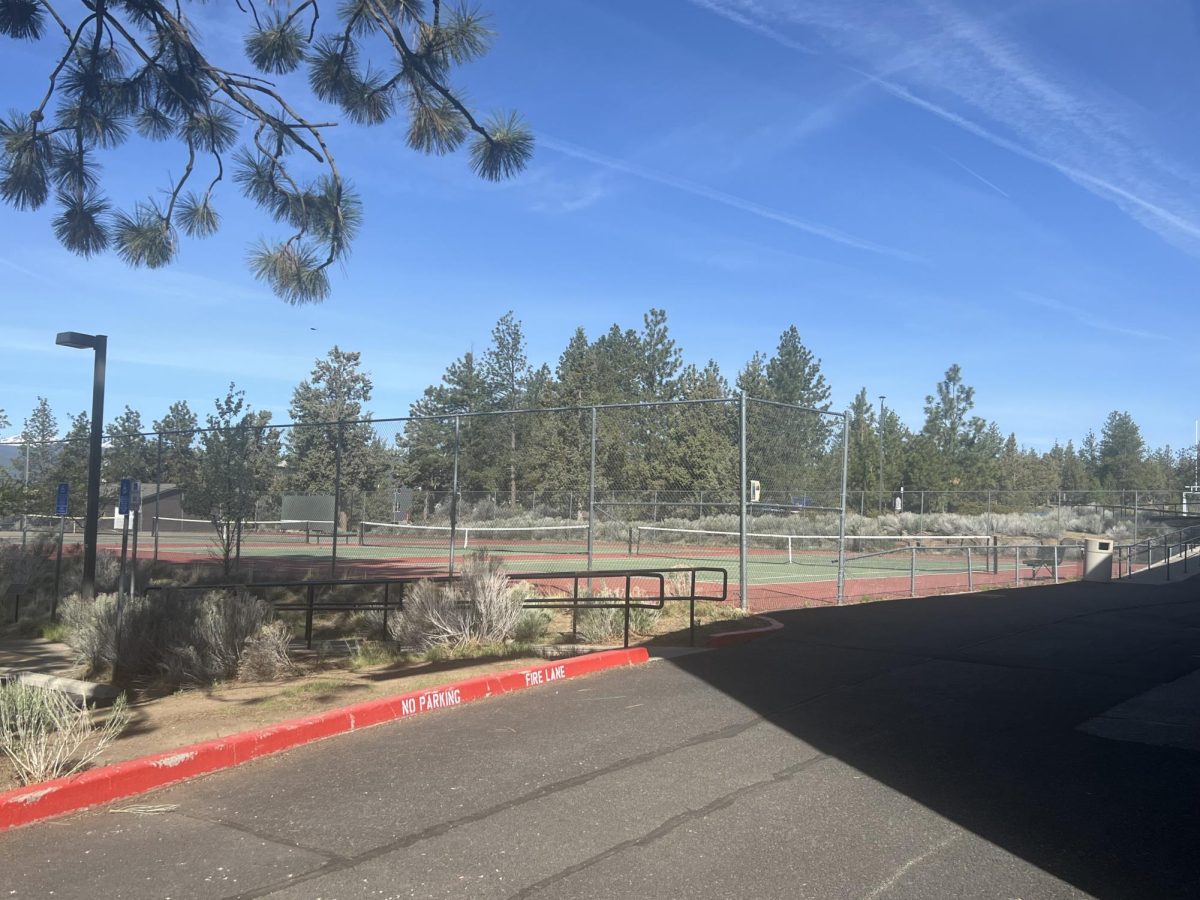

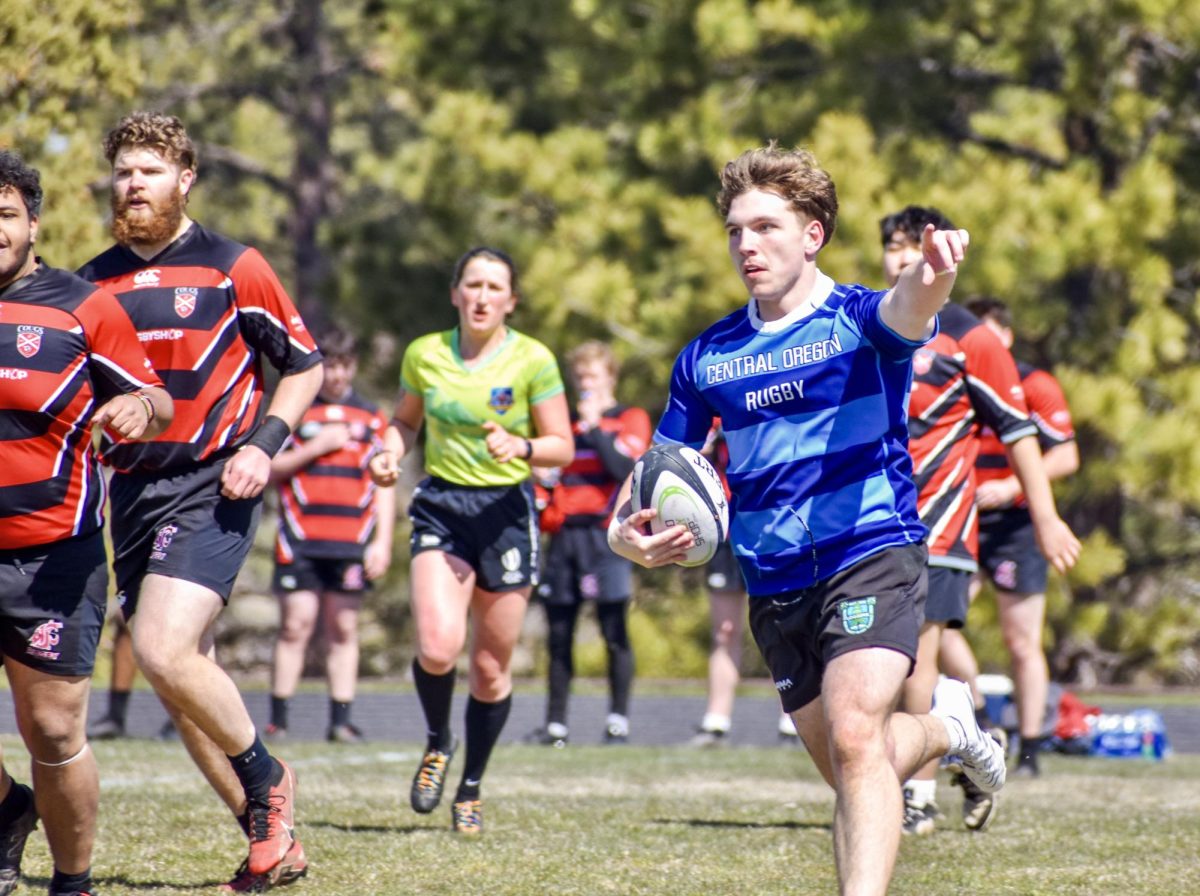

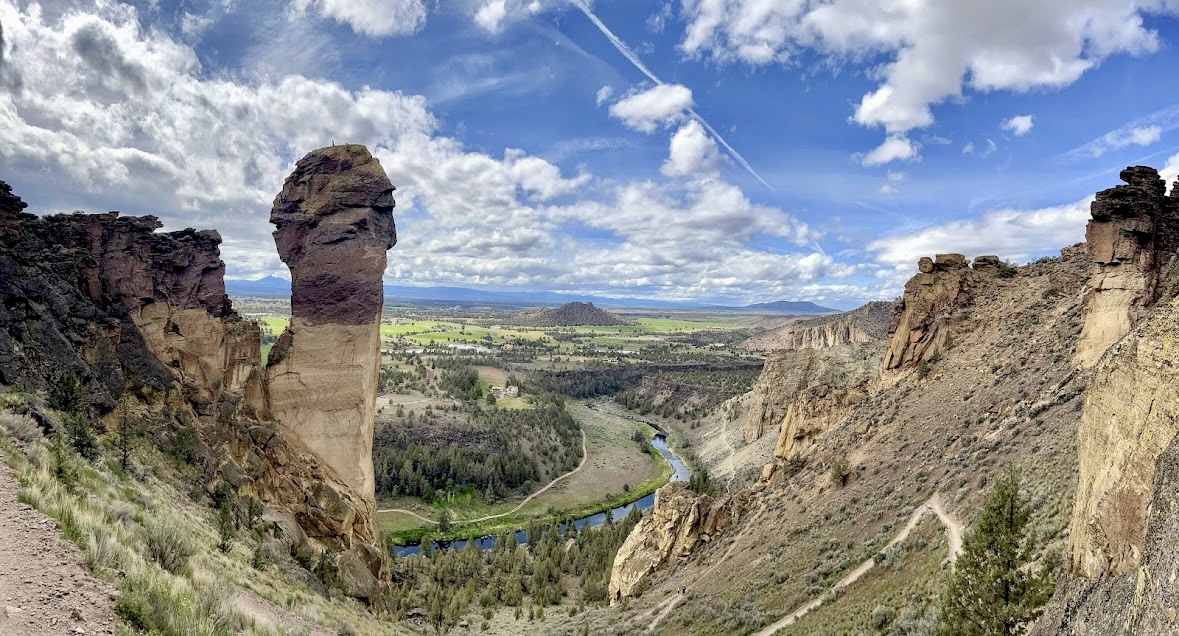
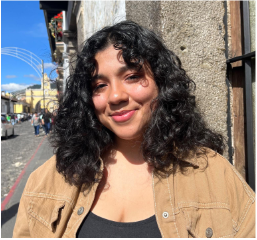
Lee | Feb 24, 2024 at 6:31 pm
This Woman is a FRAUD. Her Book is being written by a known Collusive Writer to NIKE and her work with the Portland FBI Office is being used for Censorship of Adult ASIAN Sex Trafficking Victims in OREGON. Her role in forcing other Asians into Prostitution is under Examination by the Federal Department of Justice, regarding the Bend locations use of racial discrimination using national origin to cause Sextortion Slavery. Masayo Halpin is a PATHETIC Slut.